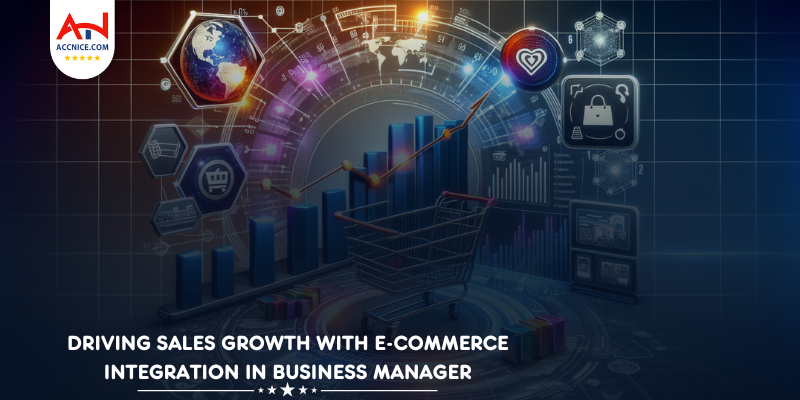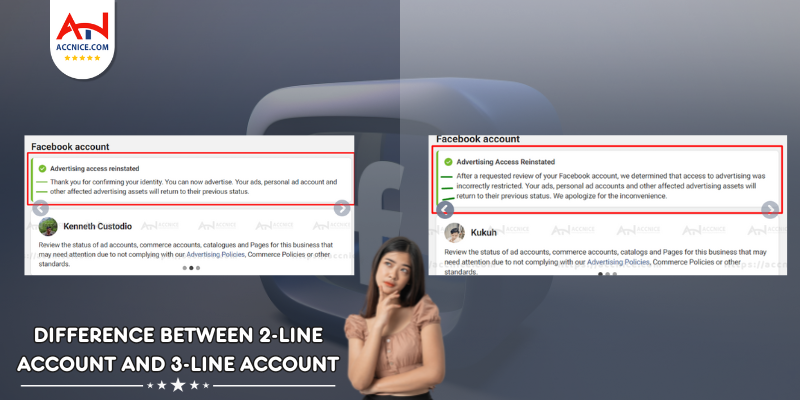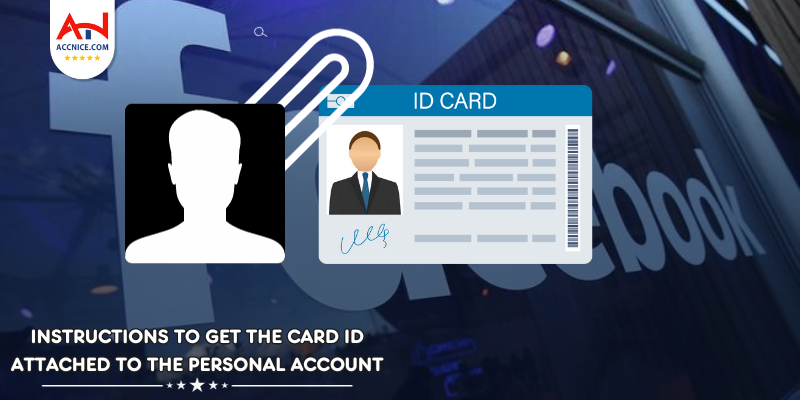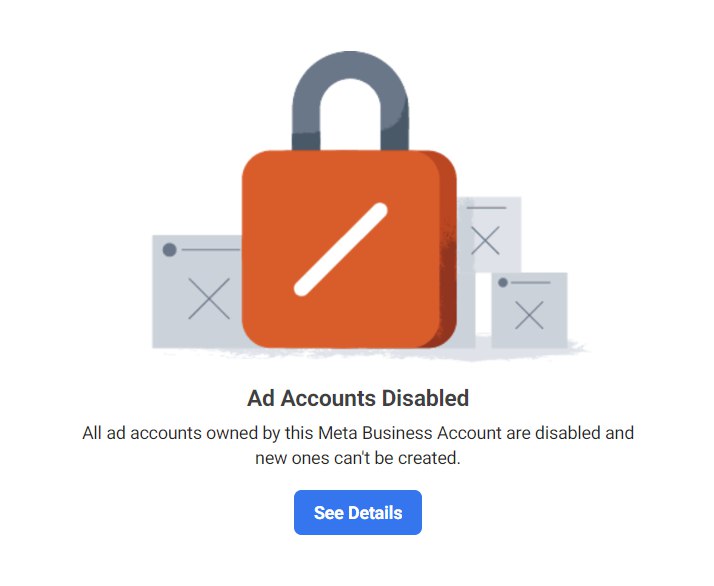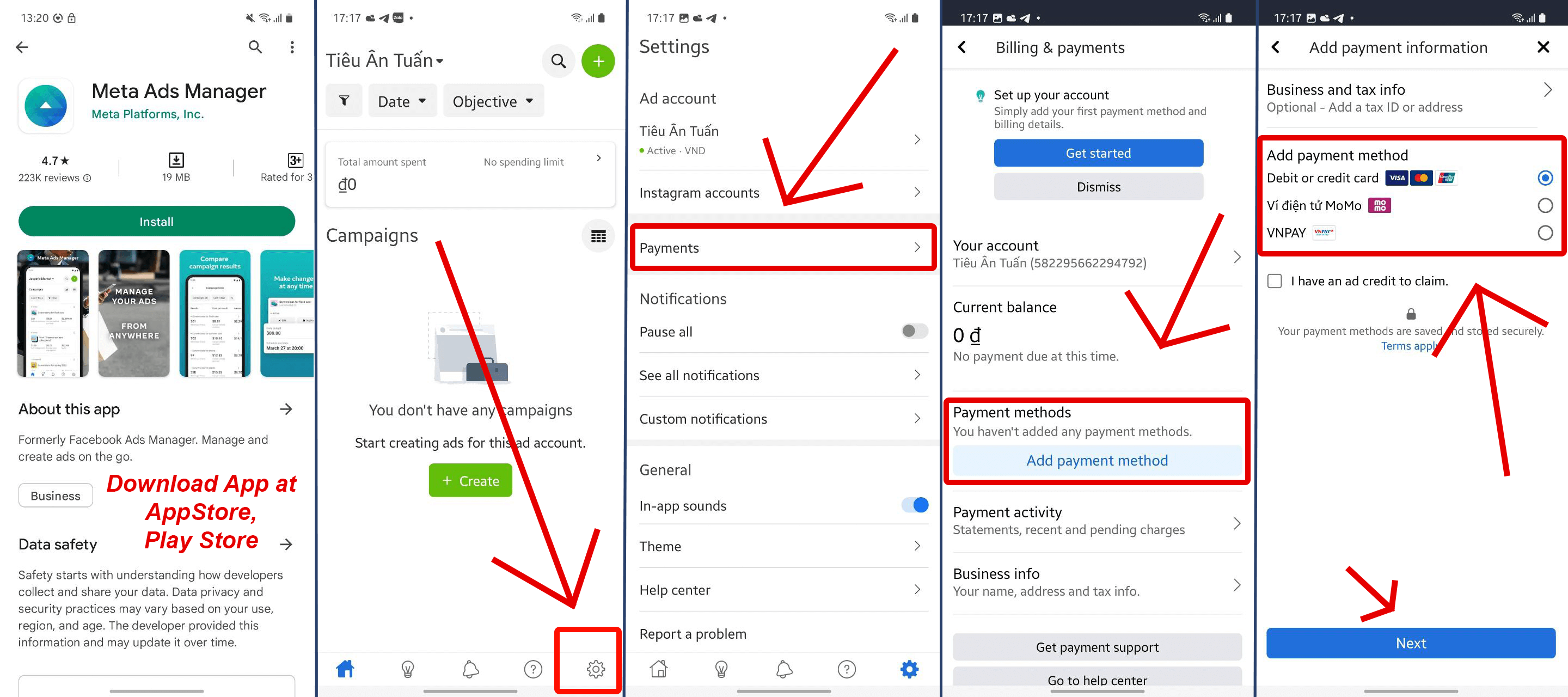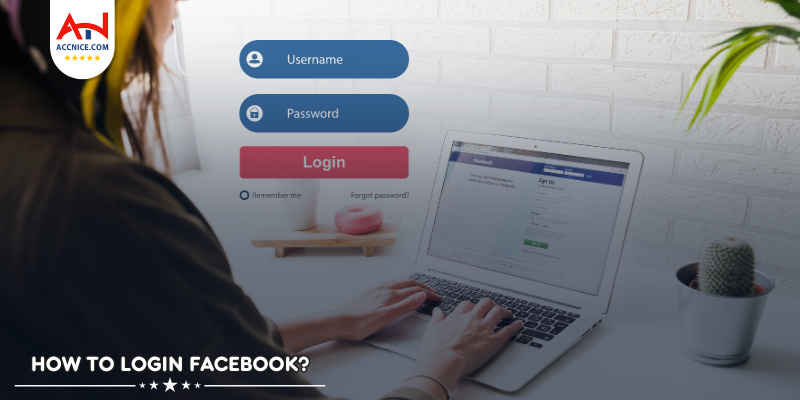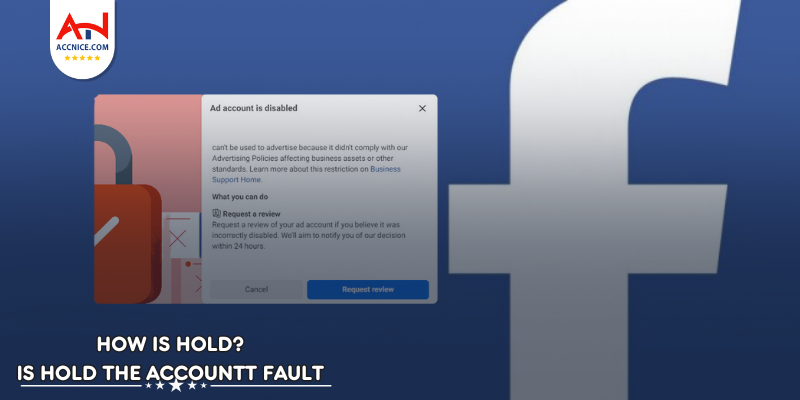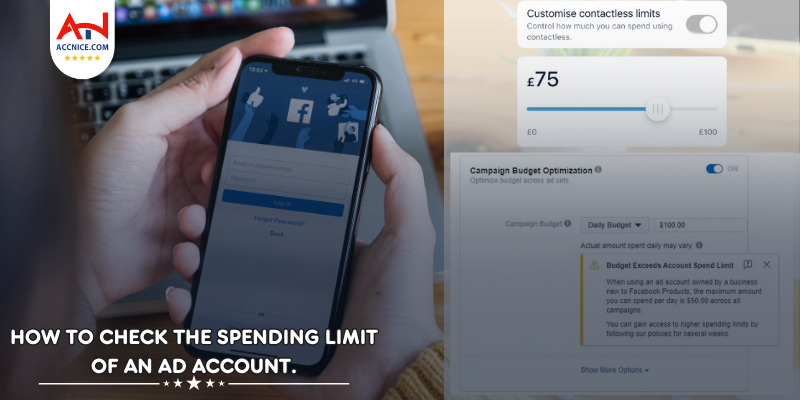Driving Sales Growth with E-commerce Integration in Business Manager
242 vỉew
Writing date: 2024-05-24 15:05:20

In the digital era, leveraging e-commerce is vital for businesses aiming to boost sales. Integrating e-commerce features into Facebook Business Manager allows companies to unlock new revenue streams and maximize their social media presence. Join Accnice to discover how a smooth integration can propel sales growth and enhance your profitability.
Setting Up an Online Shop
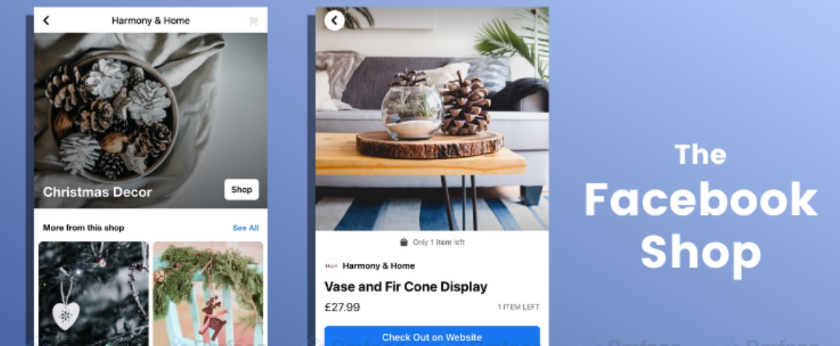
Establishing an online shop is crucial for businesses aiming to enhance their digital footprint and take advantage of the rising online shopping trend. By integrating e-commerce features into Facebook Business Manager, companies can utilize social media to offer a streamlined shopping experience for their customers.
One major benefit of setting up an online store via Facebook Business Manager is the convenience it brings to both businesses and customers. By creating an online storefront directly on their Facebook Page, companies can display their products or services to a large audience already engaged with their brand. This removes the necessity for customers to visit a different website to make a purchase, simplifying the buying process and minimizing potential friction points that could result in abandoned carts.
Moreover, having an online shop on Facebook allows businesses to tap into the platform's extensive targeting capabilities. This enables them to market to specific audience segments with personalized product suggestions and promotions. Utilizing insights from Facebook's analytics tools helps businesses pinpoint their ideal demographic, crafting tailored shopping experiences that resonate with their audience and increase conversion rates.
Additionally, the e-commerce integration within Facebook Business Manager allows businesses to efficiently manage inventory, monitor sales, and process orders from a unified dashboard. This simplifies the operational aspects of running an online store, allowing businesses to concentrate their efforts on other important areas like marketing and customer engagement.
Furthermore, setting up a Facebook online shop grants businesses access to a range of tools and features to enhance the customer shopping experience. From customizable product catalogs and integrated payment systems to customer support features and post-purchase engagement tools, businesses can create a smooth end-to-end shopping journey that encourages repeat purchases and builds customer loyalty.
In summary, establishing an online shop through Facebook Business Manager offers businesses a potent opportunity to expand their reach, boost sales, and create tailored shopping experiences for their customers. By leveraging these e-commerce capabilities, businesses can effectively showcase their offerings, streamline the purchasing process, and maximize their sales potential online.
Managing Inventory and Product Listings
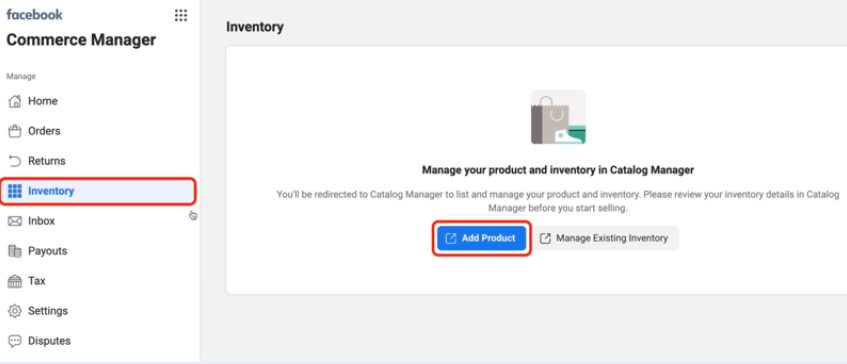
Managing inventory and product listings is a critical aspect of running a successful online shop, and with integrated e-commerce features within Facebook Business Manager, businesses can streamline this process effectively.
One of the primary benefits of managing inventory and product listings through Facebook Business Manager is the centralized nature of the platform. Businesses can add new products, update existing listings, and manage inventory levels all from a single dashboard. This eliminates the need for businesses to navigate multiple platforms or systems to keep their online shop up-to-date, saving time and reducing the risk of errors or discrepancies in product information.
Moreover, Facebook Business Manager offers robust inventory management tools that enable businesses to track stock levels, set reorder points, and receive notifications when inventory is running low. This ensures that businesses can effectively manage their inventory and avoid stockouts, which can result in lost sales and disappointed customers.
Additionally, businesses can leverage Facebook's product catalog feature to organize and categorize their product listings, making it easier for customers to browse and discover products. By categorizing products into relevant groups and adding detailed descriptions and images, businesses can provide customers with the information they need to make informed purchasing decisions, ultimately enhancing the overall shopping experience.
Furthermore, integrated e-commerce features within Facebook Business Manager enable businesses to sync their inventory and product listings across multiple sales channels. This ensures consistency in product information and inventory levels, regardless of where customers choose to make a purchase. Whether customers are shopping on Facebook, Instagram, or a third-party website, businesses can ensure that they have access to accurate and up-to-date product information.
In conclusion, managing inventory and product listings through Facebook Business Manager offers businesses a convenient and efficient way to keep their online shop organized and up-to-date. By centralizing inventory management and product listings, businesses can streamline operations, provide customers with accurate product information, and ultimately drive sales growth.
Targeted Advertising and Remarketing
Integrating e-commerce functionalities within Facebook Business Manager offers businesses a powerful toolset to deploy targeted advertising and remarketing strategies, driving significant sales growth and maximizing revenue potential. By harnessing the wealth of customer data and behavioral insights available through the platform, businesses can craft highly personalized ad campaigns that effectively reach the right audience with the right message at the right time. Whether it's promoting new products to existing customers or targeting potential customers based on their interests and preferences, targeted advertising and remarketing can significantly boost sales and drive business success.
One of the primary advantages of leveraging targeted advertising within Facebook Business Manager is the ability to precisely define and reach specific audience segments. By leveraging Facebook's robust targeting options, including demographic information, interests, behaviors, and purchase history, businesses can create custom audience segments tailored to their ideal customer profiles. This allows businesses to deliver highly relevant ads to audiences who are most likely to be interested in their products or services, increasing the effectiveness of their marketing efforts and driving higher conversion rates.
Moreover, Facebook Business Manager offers sophisticated remarketing capabilities that enable businesses to re-engage with customers who have previously interacted with their brand or visited their website. Through the use of website custom audiences and dynamic ads, businesses can deliver personalized messages and product recommendations to users based on their past behavior, encouraging them to return to complete a purchase or explore additional products. This targeted approach to remarketing helps businesses stay top-of-mind with customers and reinforces their brand message, ultimately driving repeat purchases and increasing customer lifetime value.
Additionally, Facebook Business Manager provides advanced analytics and reporting tools that enable businesses to measure the effectiveness of their advertising campaigns and optimize their strategies for better results. By tracking key metrics such as ad engagement, click-through rates, and conversion rates, businesses can gain valuable insights into the performance of their ads and identify areas for improvement. This data-driven approach empowers businesses to refine their targeting, messaging, and creative assets to maximize ROI and drive continuous sales growth.
Furthermore, Facebook Business Manager offers seamless integration with other e-commerce platforms and tools, allowing businesses to leverage data from their online shop to inform their advertising strategies. By syncing customer data, product catalogs, and sales information between their e-commerce platform and Facebook Business Manager, businesses can create highly personalized ad campaigns that reflect each customer's unique preferences and purchasing history. This holistic approach to advertising ensures a consistent and cohesive brand experience across all touchpoints, driving increased customer engagement and loyalty.
In conclusion, integrating e-commerce functionalities within Facebook Business Manager provides businesses with a powerful platform to deploy targeted advertising and remarketing strategies that drive sales growth and maximize revenue potential. By leveraging customer data and behavioral insights, businesses can create highly personalized ad campaigns that effectively reach and engage their target audience, ultimately driving higher conversion rates and increasing customer lifetime value. With advanced analytics and seamless integration with e-commerce platforms, businesses can optimize their advertising strategies for maximum impact and achieve sustained business success in today's competitive marketplace.
Seamless Checkout and Payment Options
Integrating e-commerce functionality within Facebook Business Manager enables businesses to offer a smooth checkout experience directly on the social media platform. By incorporating secure payment methods and simplifying the checkout process, businesses can minimize obstacles in the purchasing journey and significantly enhance conversion rates. Whether it's by providing a variety of payment options or facilitating guest checkout, businesses can meet customer preferences and drive sales growth.
The key advantage of offering seamless checkout and payment options on Facebook is the convenience it affords customers. Allowing customers to finalize their purchases without leaving the platform ensures a hassle-free shopping experience, which boosts customer satisfaction and increases the chances of transaction completion. This optimized checkout process mitigates the risk of cart abandonment, ensuring businesses capitalize on potential sales opportunities.
Moreover, integrating secure payment solutions within Facebook Business Manager builds trust and confidence among customers. Collaborating with reputable payment providers and implementing encryption and fraud prevention measures assures customers that their payment details are protected. This assured security encourages customers to complete transactions, fostering brand loyalty.
Additionally, offering various payment methods caters to the diverse preferences of customers and removes any barriers to completing a purchase. Whether customers prefer using credit cards, debit cards, digital wallets, or alternative payment methods, businesses can meet their needs and provide a seamless payment experience. This flexibility not only enhances customer satisfaction but also increases conversion rates, as customers are more inclined to complete purchases using their preferred payment method.
Furthermore, offering guest checkout options captures sales from customers who prefer not to create an account or log in. By providing this option, businesses can streamline the checkout process, reduce friction, increase conversion rates, and ultimately drive sales growth.
Conclusion:
Integrating e-commerce functionalities within Facebook Business Manager can drive significant sales growth for businesses by providing customers with a seamless checkout experience. From offering secure payment options to streamlining checkout processes and providing guest checkout options, businesses can capitalize on their social media presence to increase revenue and drive business success. By embracing e-commerce integration, businesses can unlock new opportunities for growth and stay ahead of the competition.
Ready to drive sales growth with e-commerce integration in Business Manager? Our team can help you leverage these powerful functionalities to increase revenue and boost your bottom line. Contact us today to learn more about how we can assist you in achieving your sales goals!
For more insights and updates on effective social media strategies, make sure to follow Accnice and our tutorial blog, where we share the latest and most effective content marketing tips.


